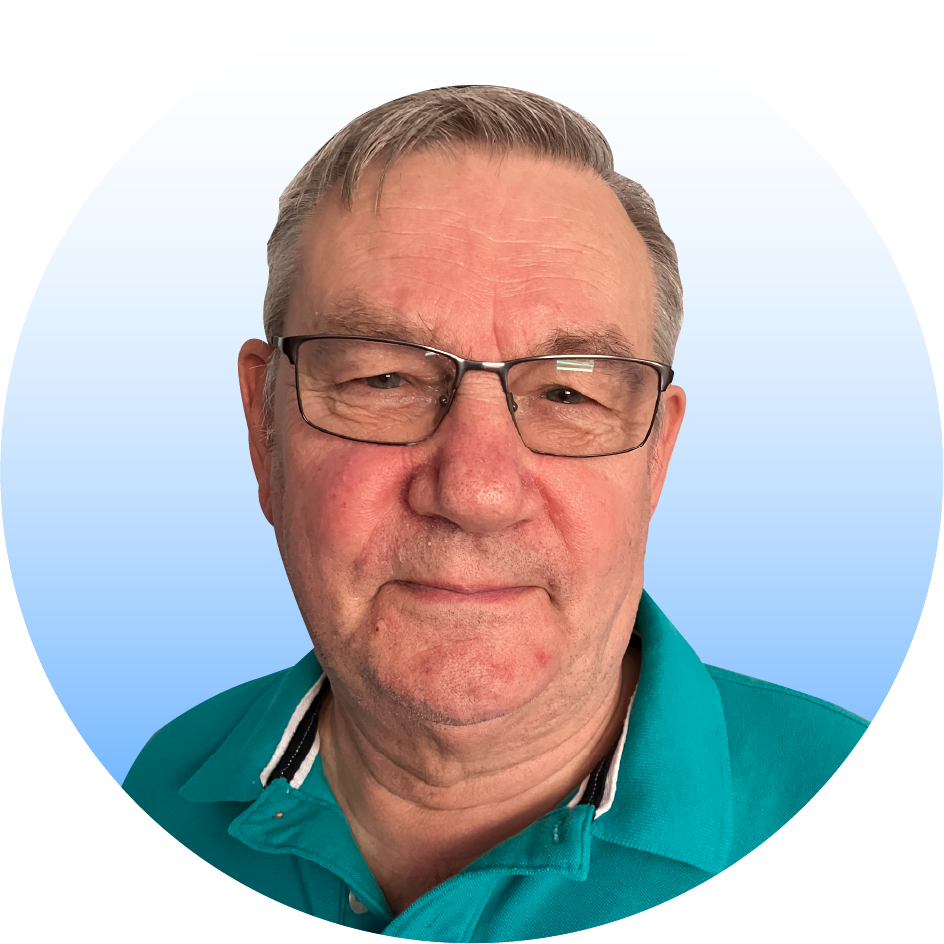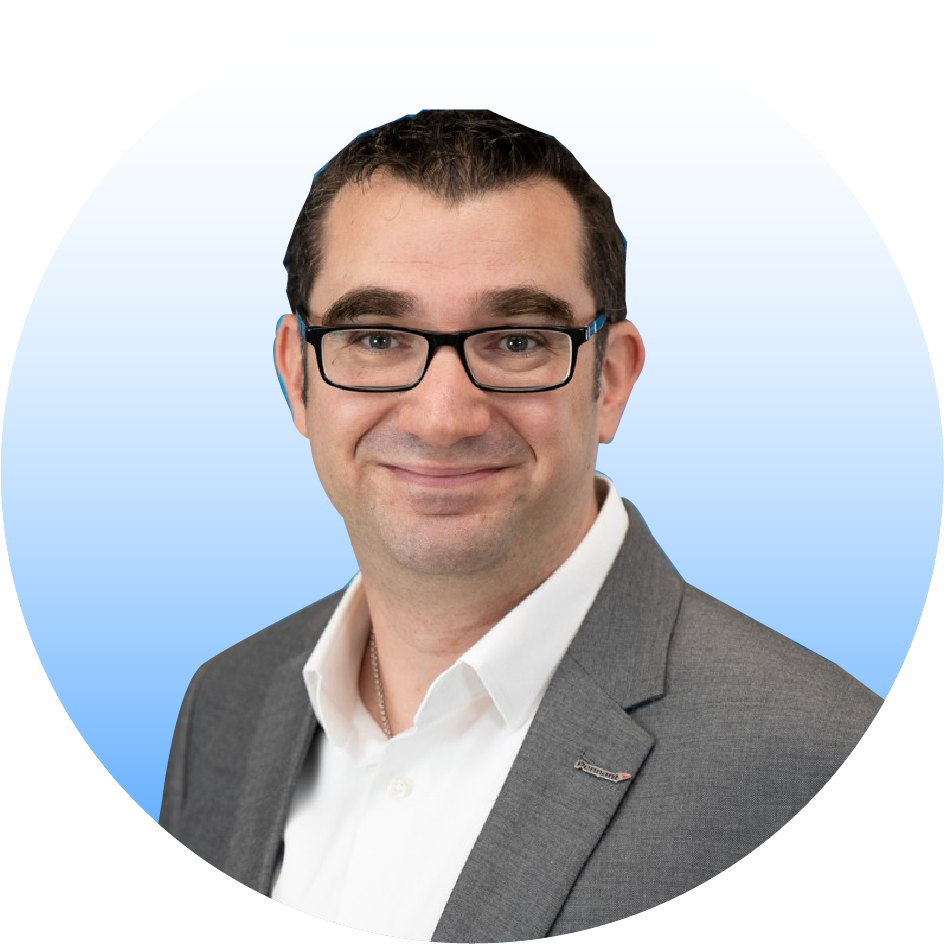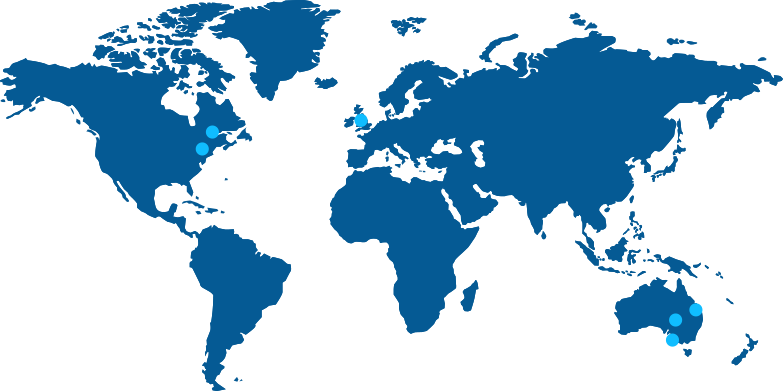Why Working Groups and Committees are important
Read the article from our experts below.
Why Working Groups and Committees are important
By Mark Willis, Rob Acton, Graham Brum and Heath Conroy
In the world of systems support, also known as Integrated Product Support (IPS), numerous Working Groups and Committees worldwide are shaping the future of policies, standards, and specifications.
The S-Series specifications provide a comprehensive framework for managing the support and maintenance of systems throughout their lifecycle, invariably contributing towards their potential and intent. These Working Groups and Committees provide a platform for Pennant colleagues and external Subject Matter Experts (SMEs) to share their unique perspectives, contribute to decision-making processes, and drive innovation. Additionally, our colleagues are advocates for our partners and customers, raising pain-points when appropriate.
Participation in Working Groups and Committees enables our experts to ensure they are at the forefront of the latest specification and standards changes and developments. This enables us to continue developing our tools in the most agile way, providing effective solutions for our customers and ensuring that Pennant remains cutting-edge.
At Pennant we recognise that colleague participation in the S-Series working groups and various Integrated Product Support (IPS) and Integrated Logistics Support (ILS) committees worldwide is essential. Committee work is just as important as the day job, fostering change not only within the organisation but also in the broader world we operate in.
Continue reading to learn about the colleagues who play these crucial roles in the Working Groups.

Mark Willis, Business Development Director, based at Cheltenham HQ – SX000i Working Group and various Communities of Practice.
For over five years, I have been an active member of several working groups, including the SX000i International Working Group, the TDI IPS Community of Practice, the TDI Standards Working Group, the CSSTOG, and the Joint Professional Development Working Group.
In my role as the senior UK industry representative for the SX000i Working Group, and as a committee member for the other groups, I have had the privilege of contributing to the development of standards and specifications in the IPS world. Being part of these groups allows me to leverage my extensive experience to shape conversations and drive improvements in practices as standards evolve. However, one challenge we face is the demographic makeup of the members. There is a pressing need for new blood to allow seasoned members like me to step back.
These groups have taken me to various international locations such as St. Louis, Madrid, Toulouse, Florida, and Arlington, VA. My colleagues hail from a diverse global community, including the USA, Europe, Japan, Korea, and Australia, which makes our conversations extremely interesting and ensures the feedback and developments of the standards is suitable for global usage.
For anyone considering joining a working group, my top tip is simple: don’t be discouraged. Go ahead and join. Your fresh perspective is invaluable.

Rob Acton – IPS Software Consultant, based at the Pennant Manchester office – S6000T Steering Committee.
I have been a member of the S6000T Steering Committee since Feb 2023, after meeting with another member of the group at a Team Defence event who thought my background as a training content producer would add a different perspective to the group.
As well as being an active member of the steering committee, I am also responsible for maintaining the existing illustrations in the specification and for producing new ones. I also sit on the Harmonisation Task Team and the Use Case Task team.
The Steering committee meets monthly virtually, and twice a year Face to Face, once in Europe and one in the US. So far with the WG I have had attended Face to Face committee meetings in Paris, France, and Kiel, Germany. The WG consists of colleagues from Defence organisations, Industry primes and other software tool vendors.
As the steering committee has a diverse group on members from different background and organisations, I have found it very interesting and rewarding to be a part of discussions about the future of the specification, and to see other people’s perspectives of how the specification should be used. When attending the S1000D and IPS User Forum in Brussels, 2024, it was useful to get feedback from end users who were either using the specification or looking to use it in the future.
My top tip for anyone wanting to join the Steering committee would be that if you are eligible to join, do it, have a voice in the development and shape of the specification.

Graham Brum – Supportability Engineering Specialist & Analyzer Functional Manager, based at the Pennant Canada, Ottawa Office – SAE Life Cycle Logistics Support (LCLS) committee.
I joined the SAE Life Cycle Logistics Support (LCLS) committee in 2014, driven by a desire to bring international, particularly Canadian, perspectives to the Department of Defense (DoD) standards that SAE had inherited.
As a member of the committee, I serve as the primary author on TS-STD-0017 Revision A and AS1390 Revision A. Our work has included numerous revisions to process standards, incorporating changes that significantly benefit the industry in Canada and US.
Before the COVID-19 pandemic, we met three times a year in various cities across the United States, and on two occasions, we successfully hosted meetings in Canada, specifically in Ottawa and Halifax.
Joining the committee has been a rewarding experience, and I encourage others to get involved. Standards groups and committees are often enthusiastic about welcoming new members, and the process is never as daunting as it might seem. By participating, you can contribute to important international standards and help ensure they reflect a diverse range of perspectives.

Heath Conroy – IPS Operations Manager, based at the Pennant Australia, Wagga office – Australian Standards Management Working Group (ASMWG).
I became an attendee of the Australian Standard Management Working Group (ASMWG) in 2024, in order to better understand the Australian IPS landscape, and where Pennant could offer support or advice to the Australian Defence or industry partners.
As an attendee of the ASMWG, I have the opportunity to work with Australian Defence and Defence Industry to discuss how Integrated Product Support (IPS) and the S-Series specifications are being adopted and used in the Australian environment. I am able to offer support regarding Pennant’s software that operates within the S1000D Specification and LSAR (S3000L) Standards.
The working group meets twice a year, one is an in-person conference in Canberra, and the other is a virtual meeting.
Being a part of the ASMWG gives me a look into how Australia is using the S-Series Specifications and how IPS is being viewed by its members.
For anybody thinking about attending and taking part in a Working Group, I would urge you to do it. You may be surprised at what you have to offer to the discussions, and the community.
We also have colleague representation on other working groups including S3000L.


